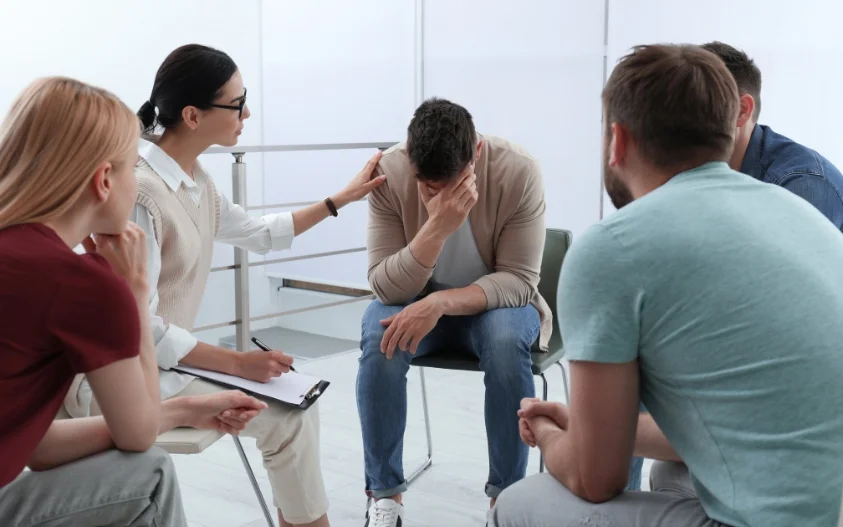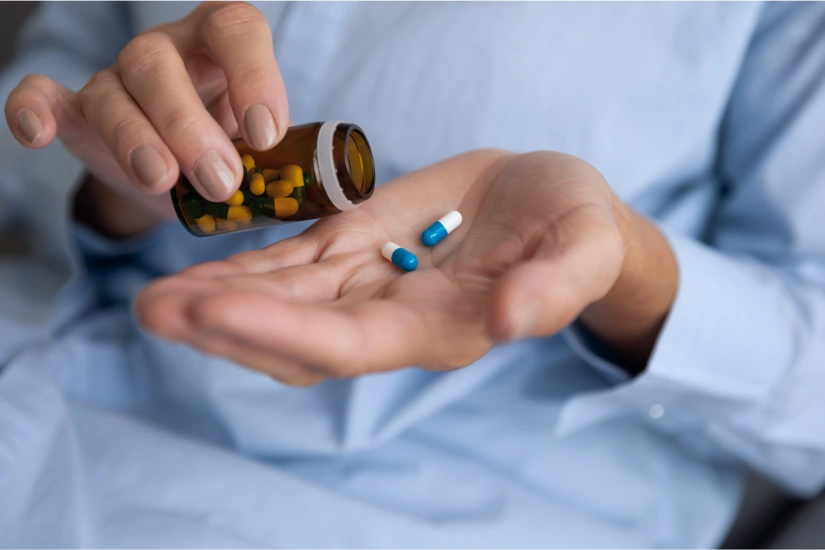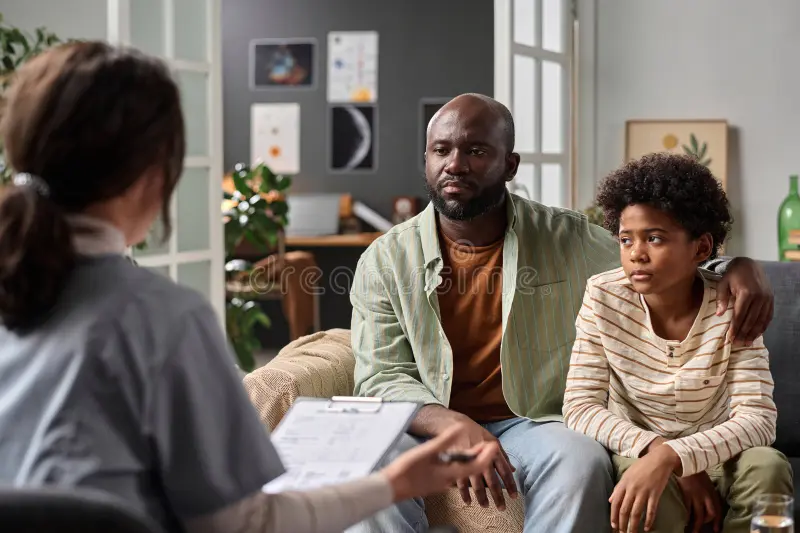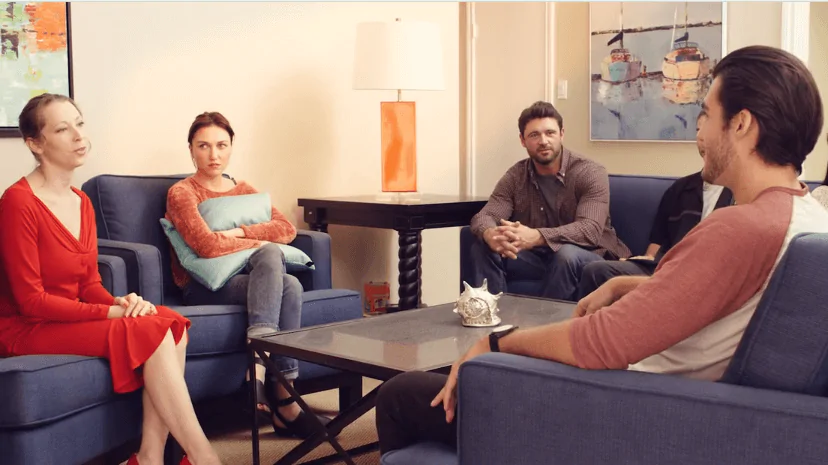24/7 Helpline:
(866) 899-111424/7 Helpline:
(866) 899-1114
Learn more about Bipolar Disorder Treatment centers in Prince George
Bipolar Disorder Treatment in Other Cities












Community Services Board – Prince George Counseling
Community Services Board - Prince George Counseling Services offers outpatient treatment for adults ...



Other Insurance Options

Medical Mutual of Ohio

CareSource

Sliding scale payment assistance

Aetna

Anthem

Group Health Incorporated

State Farm

EmblemHealth

Optima

WellCare Health Plans

AllWell

Carleon

Health Net

Access to Recovery (ATR) Voucher

Amerigroup

MHNNet Behavioral Health

MVP Healthcare

BHS | Behavioral Health Systems

Oxford

Lucent